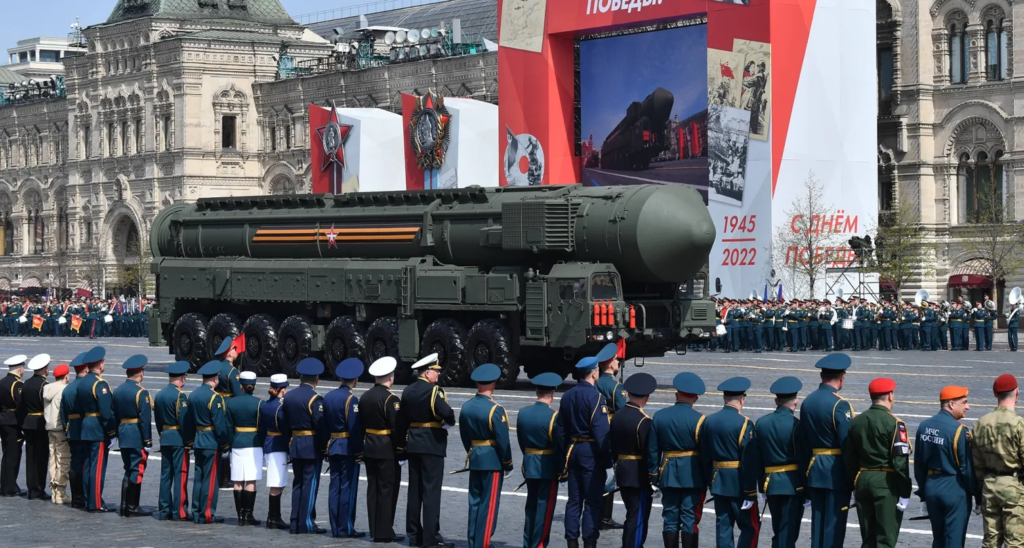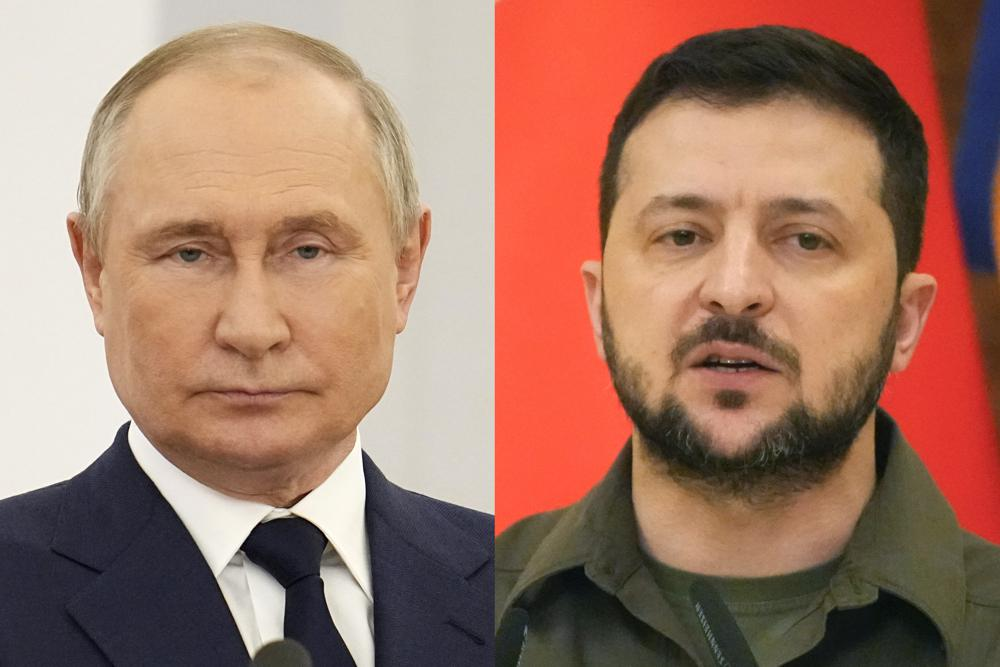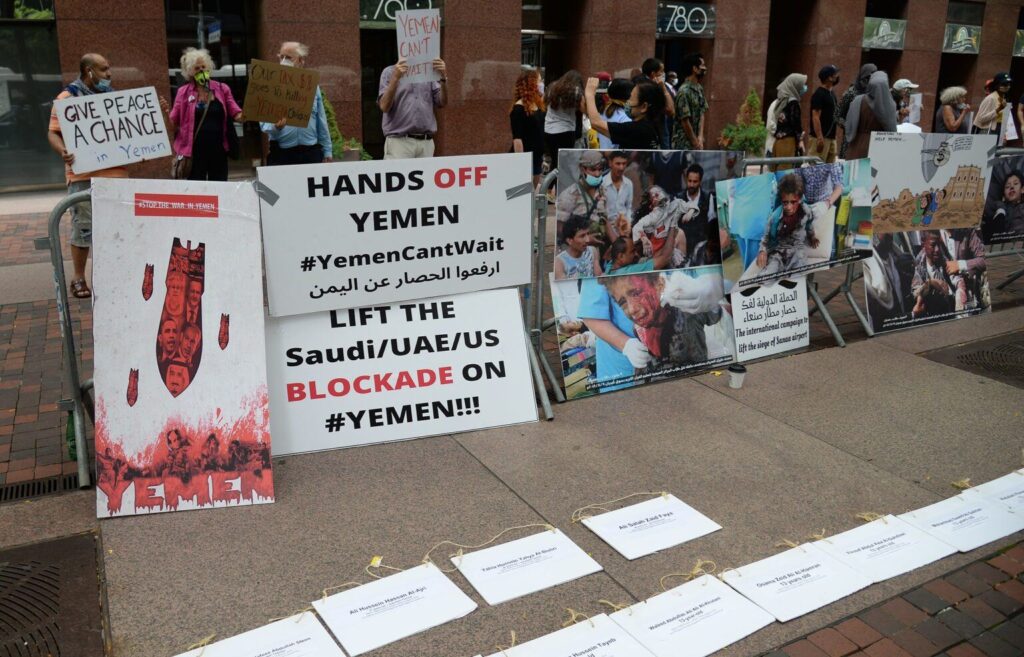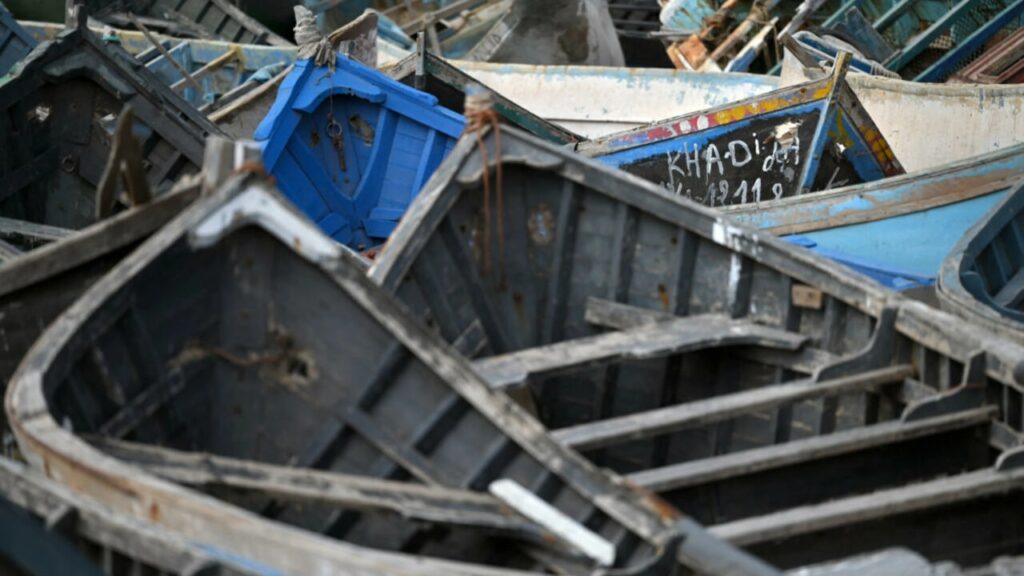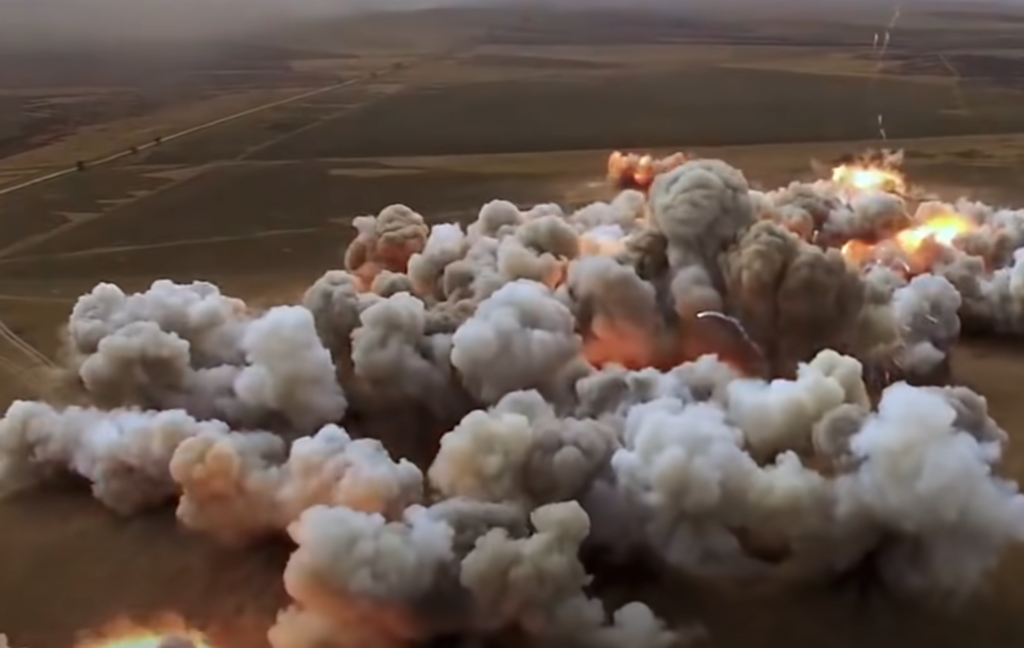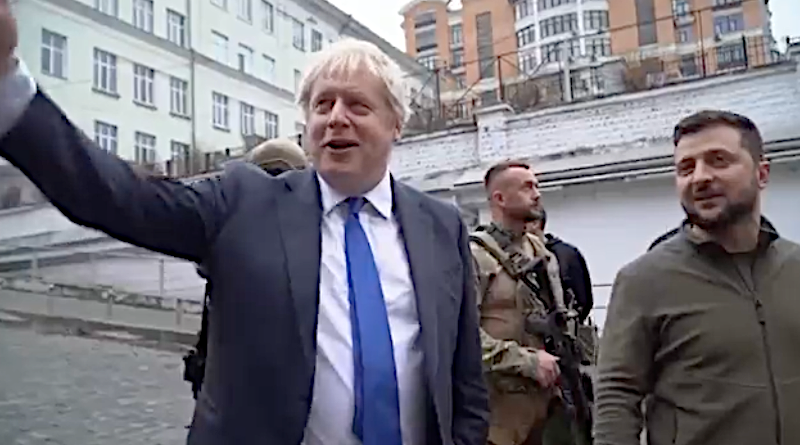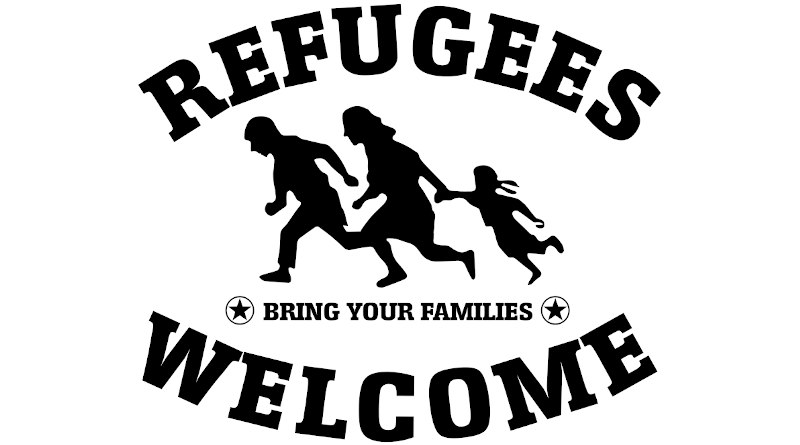SDF arrests suspected ISIS facilitator in Deir al-Zor: coalition
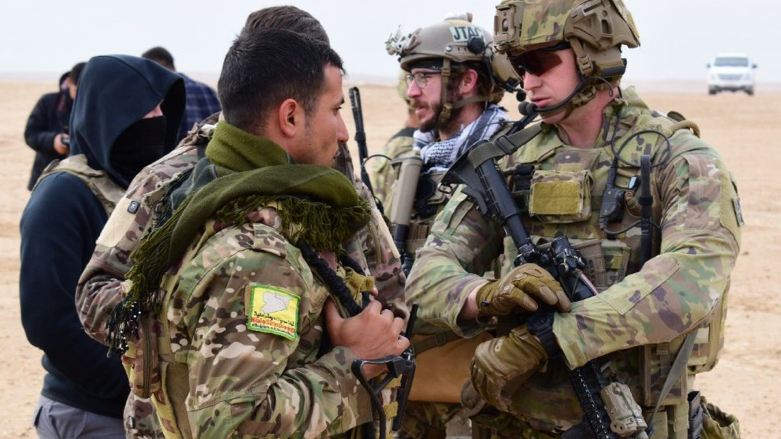
The Kurdish-led Syrian Democratic Forces (SDF) captured a suspected ISIS facilitator in an operation near the Euphrates River Valley in Syria’s eastern Deir al-Zor province, the US-led Special Operations Joint Task Force-Levant (SOJTF LEVANT) announced on Tuesday morning.

